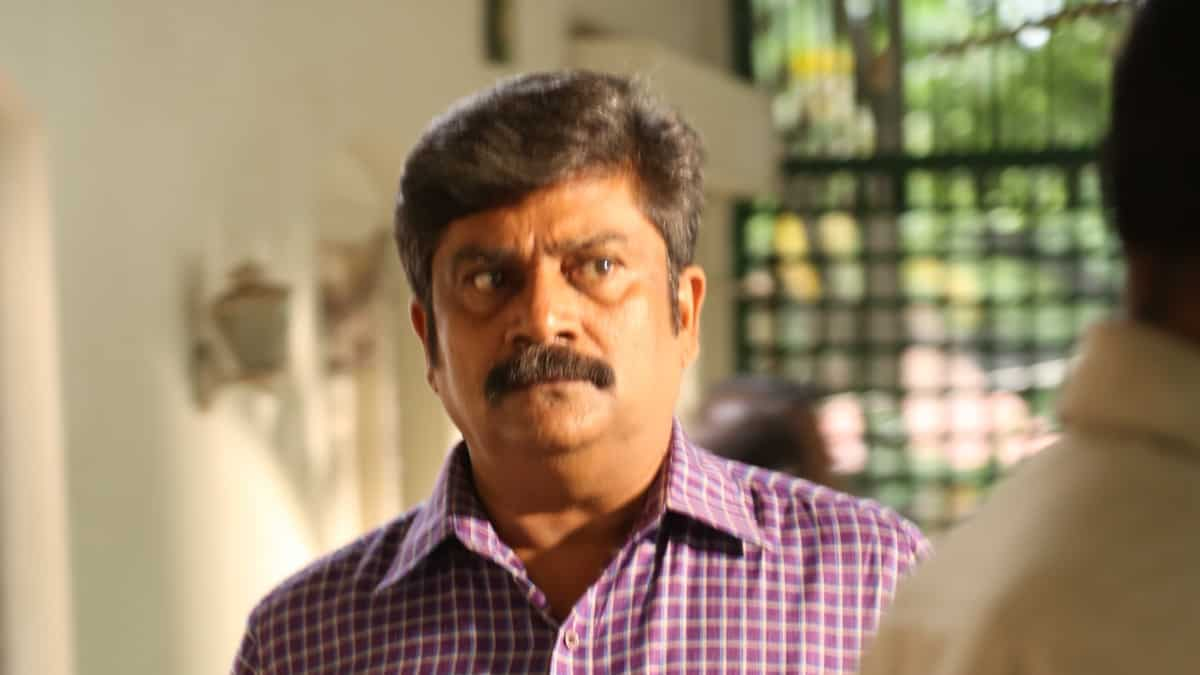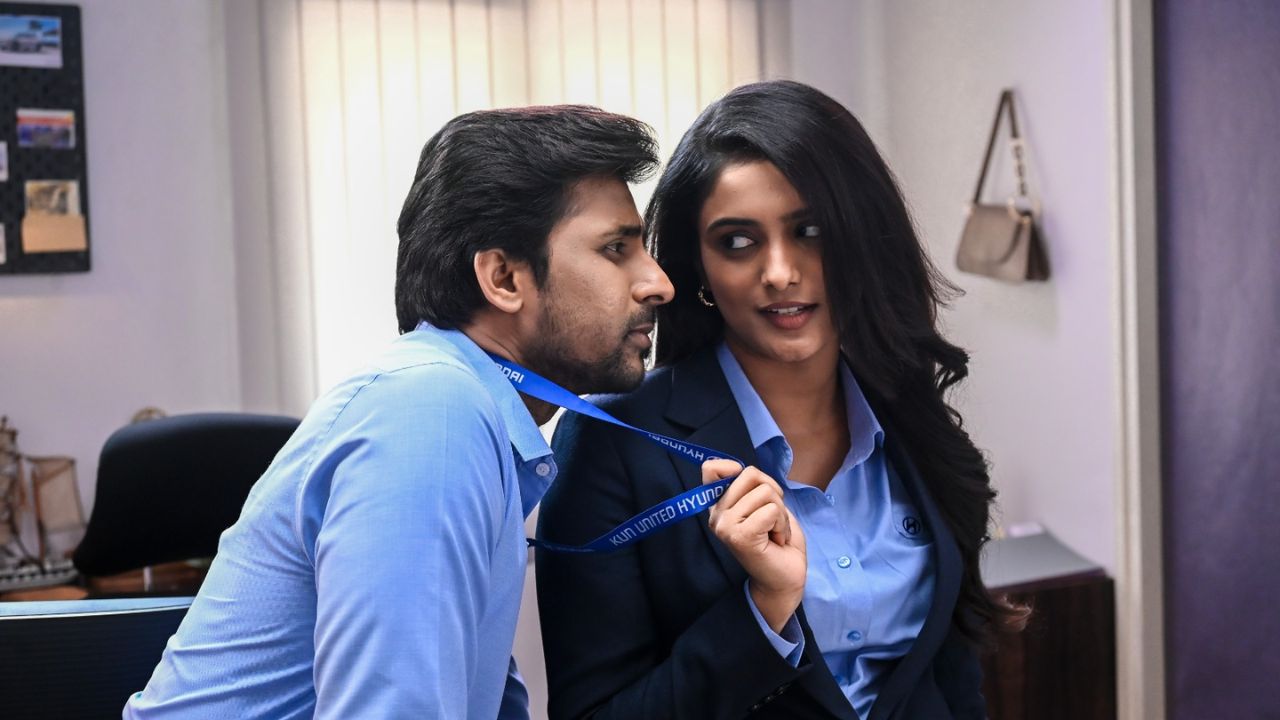
The White Lotus Season 3 review: Golden Sands and Dull Script
6 days ago | 5 Views
The White Lotus Season 3 Review: What transpired in Season 3 of The White Lotus? What fell short? Compared to the previous two seasons crafted by writer-director Mike White, the latest installment fails to evoke the same level of engagement with the tumultuous group of affluent vacationers. The characters lack depth, and there is little to no development in their story arcs. While the intense and unforgiving season finale may approach the suspense and excitement of earlier seasons, it is important to acknowledge that Season 3 is the weakest entry in the series.
Same spirits, new forms
Season 3 commenced in Thailand, with the premiere episode skillfully introducing the characters who would populate the subsequent episodes. However, as the season progressed, these characters remained disappointingly one-dimensional and predictable. With the exception of one character, there was no significant growth or conflict to invest in. The essence of the show lies in how its characters navigate challenges, yet in Thailand, viewers were treated to eight lengthy episodes filled with contrived suicide attempts, irrelevant subplots involving theft, and an erratic monologue from Sam Rockwell that felt out of place.
Among the cast is the disconnected Ratliff family, featuring the Lorazepam-loving diva Victoria (portrayed by Parker Posey, who clearly relishes the role), who stands out as the most absurd and deluded character, oblivious to the issues surrounding her husband Timothy (Jason Isaacs) and their three children—Saxon (Patrick Schwarzenegger), Piper (Sarah Catherine Hook), and Lochlan (Sam Nivola).
The incest subplot, subtly introduced in the early episodes, culminates in a half-hearted resolution between Saxon and Lochlan. The most tedious and pointless subplot revolves around Timothy's repeated false alarms, which became monotonous. His debilitating anxiety contributed little to the narrative, only serving to slow down the pacing unnecessarily.
The contributions of the other characters were minimal as well. Lisa's role was largely superficial, while Mook, the charming hotel staff member, primarily served to assist Gaitok (Tayme Thapthimthong) in developing a more aggressive persona. Meanwhile, Chelsea (Aimee Lou Wood) found herself in a maternal role towards her 50-year-old boyfriend, Rick (Walton Goggins), throughout the season, ultimately receiving a harsh form of redemption.
The narrative involving the three friends—Kate (Leslie Bibb), Laurie (Carrie Coon), and Jaclyn (Michelle Monaghan)—gained some traction. Their relationship became increasingly intricate and tumultuous, showcasing Mike White's talent for exploring their interpersonal dynamics. Having known each other for years, these women engage in fierce public judgments, openly expressing their moral disillusionment. The episode centered around the Full Moon party stands out due to their interactions. Mike White provides Carrie Coon with a poignant monologue, where she reflects, “I don't need religion or god to give my life meaning... because time gives it meaning.” Coon's performance is consistently impressive and captivating.
Amor Fati
However, the season lacks a central narrative connection. In previous seasons, a single character often linked the various storylines in a chaotic yet cohesive manner. This season, though, there is no such unifying element. Chloe (Charlotte Le Bon), who becomes involved with the brother(s) and is later revealed to be dating Greg (Jon Gries), comes closest to fulfilling that role. Yet, even she remains somewhat isolated from the other storylines and fails to contribute significantly to the show's overall momentum.
Belinda's storyline (portrayed by Natasha Rothwell) was regrettably underdeveloped, marking it as one of the season's greatest letdowns. Additionally, the excessive fuss surrounding hotel manager Fabian (played by Christian Friedel) as he sought the confidence to perform was unwarranted, especially when his performance was abruptly shortened to address the gossiping girls on the bench. The other hotel staff this season are significantly less compelling than in earlier seasons, lacking the agency to stand out as individual characters. They contribute nothing meaningful to the narrative and serve merely as passive observers.
The conflicts presented are minor and feel disconnected from the overall season. A notable issue is that this installment of The White Lotus tends to take itself too seriously. While the show remains engaging and includes moments of tranquility and tension, it undeniably misses the equilibrium of humor and suspense that Mike White skillfully wove into previous seasons, along with the deeper themes of class privilege and avarice.
This season unfolds at a slower pace, proving less impactful and overly self-important in its attempts to meet the expectations set by its predecessors. It not only falls short of those standards but also becomes burdened by its own lack of insight.
Read Also: Karma Review: Netflix's Latest K-Drama Delivers Intense Twists and Emotional Depth
Get the latest Bollywood entertainment news, trending celebrity news, latest celebrity news, new movie reviews, latest entertainment news, latest Bollywood news, and Bollywood celebrity fashion & style updates!





















